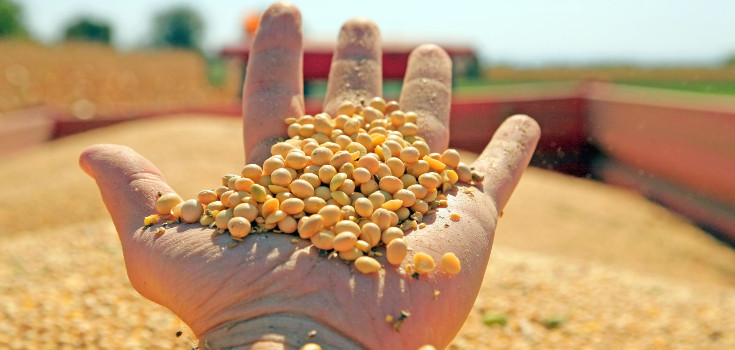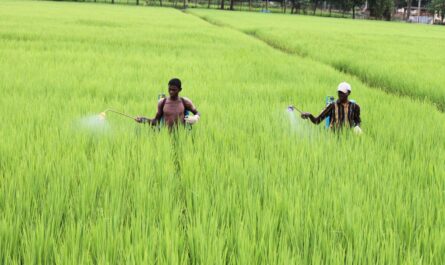Genetically modified seeds have witnessed widespread adoption in the recent past, owing to their ability to boost crop yields and impart resistance against pests and diseases. Genetically engineered seeds help farmers enhance agricultural productivity while protecting crop yields from unfavorable environmental changes such as drought and fluctuations in temperature. Core advantages include enhanced nutritional value, higher yields with lesser agrochemicals, and ability to grow in marginal lands and climatic conditions. The global Genetically Modified Seeds Market is estimated to be valued at US$ 20.34 Bn in 2023 and is expected to exhibit a CAGR of 10.% over the forecast period 2023 to 2030, as highlighted in a new report published by Coherent Market Insights.
Market key trends:
Surging demand for drought-resistant crops has been a key factor driving growth of the genetically modified seeds market. Climate change has resulted in more frequent and intense droughts across major agricultural regions. Genetically modified drought-tolerant seeds help enhance crop resilience during water shortages, thereby helping farmers safeguard yields. For instance, Monsanto’s DroughtGard hybrid maize seeds are engineered to utilize water more efficiently even under limited water supply conditions. Rising cultivation of crops such as soybean, corn and cotton that are majorly Genetically Modified has further amplified demand. Developments in gene-editing techniques will also allow more precise modifications and open up new opportunities for GM seeds in the coming years.
Here is the response as per your instructions:
SWOT Analysis
Strength: Genetically modified seeds offer higher yields and are more resistant to pests and diseases. They help increase crop productivity and farm income.
Weakness: Genetically modified seeds are more expensive than conventional seeds. There are also environmental and health concerns raised by some over their long term use.
Opportunity: Growing global population and demand for food provides opportunities to further develop genetically modified seeds that are drought and climate change resistant. Biofortified GMO seeds can help address malnutrition.
Threats: Strict regulations and labeling requirements in some countries act as a barrier. Negative public perception and campaigns against GMOs also pose threats.
Key Takeaways
The global genetically modified seeds market is expected to witness high growth. Regional analysis shows North America dominating the market currently due to large acreage under GM crop cultivation in countries like the US. Asia Pacific is gaining traction and growing at a faster rate driven by countries like India.
Key players operating in the genetically modified seeds market are Bayer CropScience, BASF SE, Syngenta, and JR Simplot Co. Regulatory approvals and patent expiry of blockbuster GM traits are prompting companies to develop new biotech crops with advanced traits. Partnerships with local seed companies facilitate international expansion into high growth regions.
The market is innovating with more sustainable and multifunctional GM seed varieties. Biofortified GM seeds for high nutrition and GM drought tolerant seeds find more acceptance. While debates around GMOs will continue, most experts concur that GM technology has potential to address food security if adopted responsibly with adequate safety oversight.


